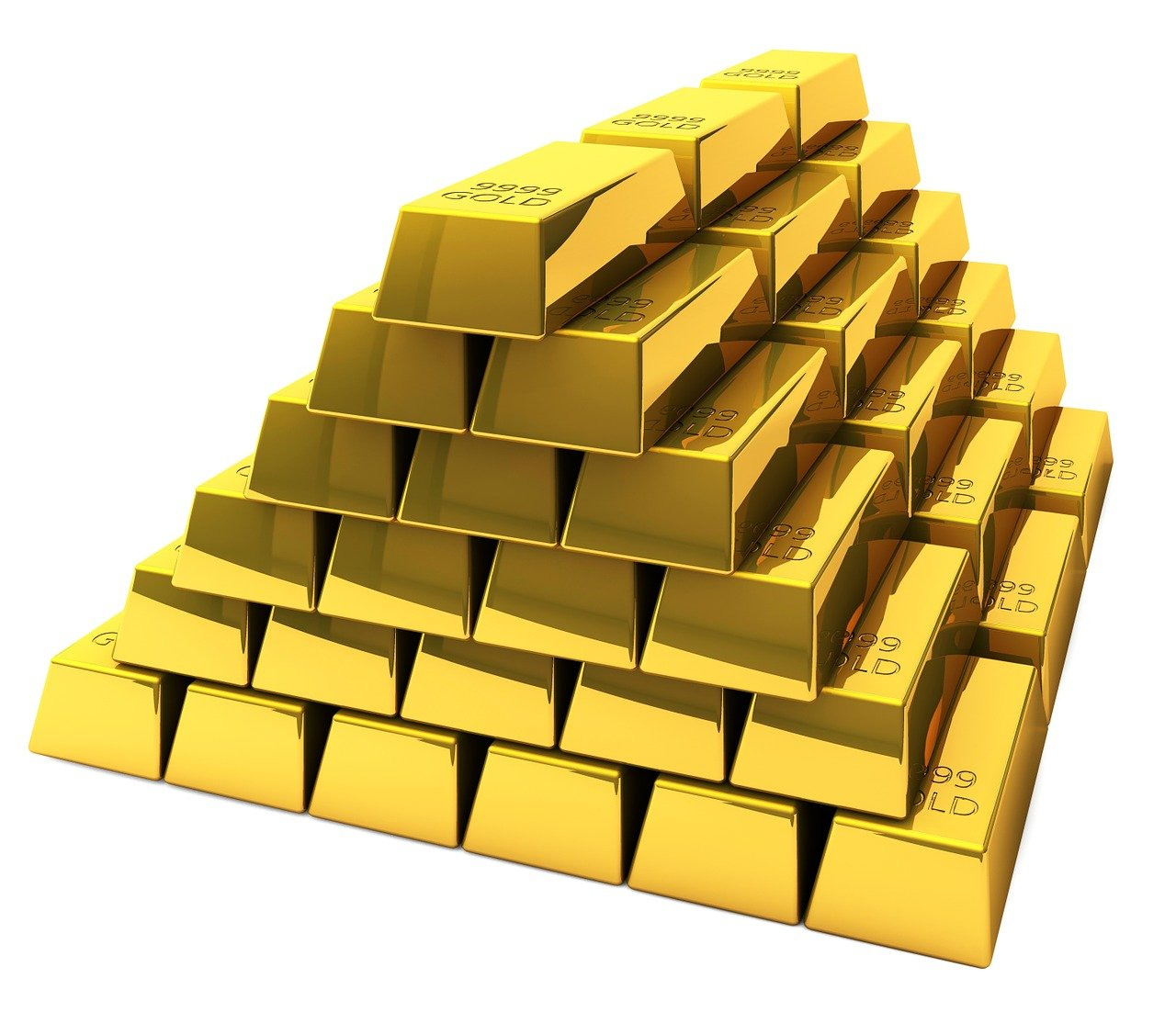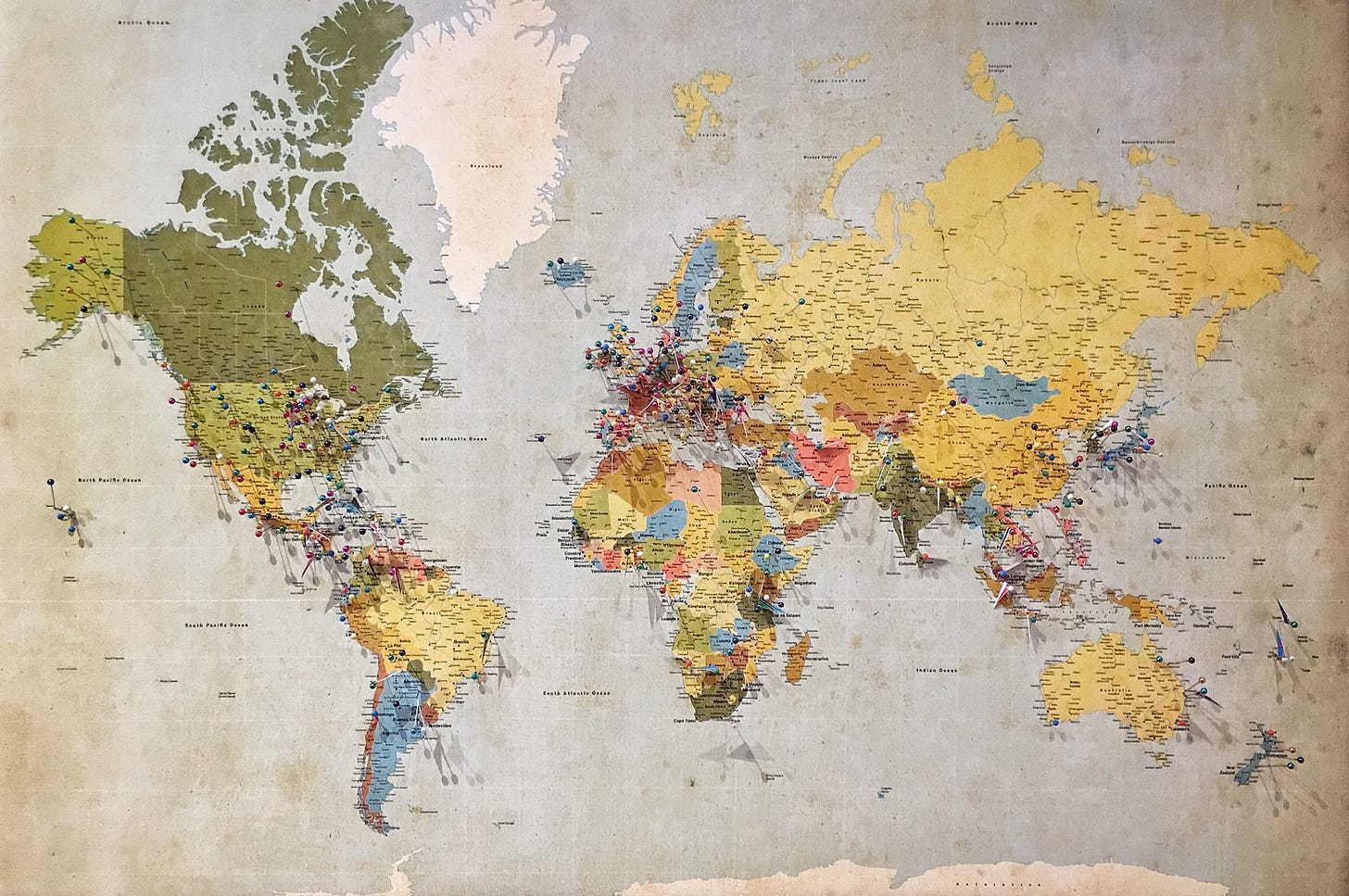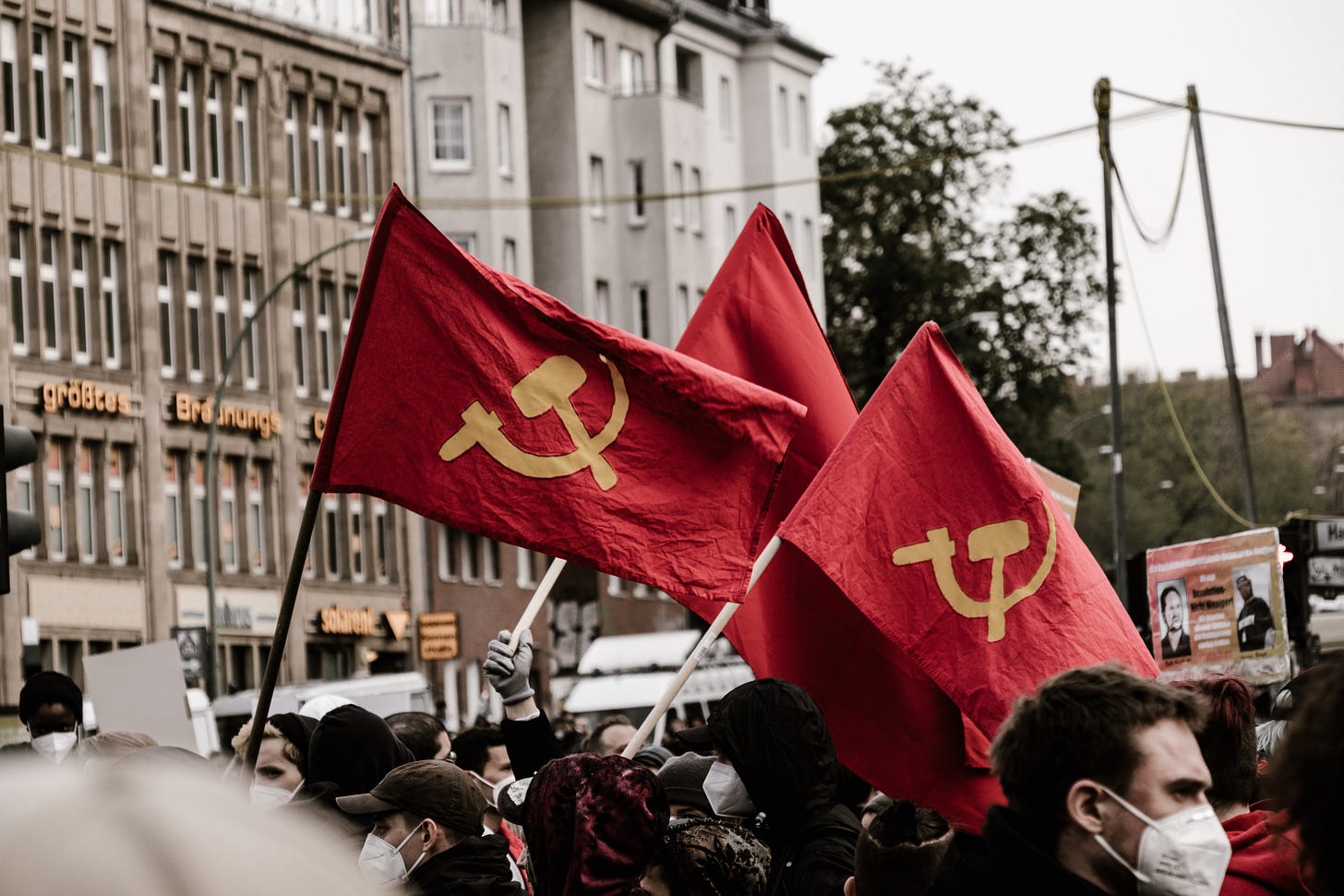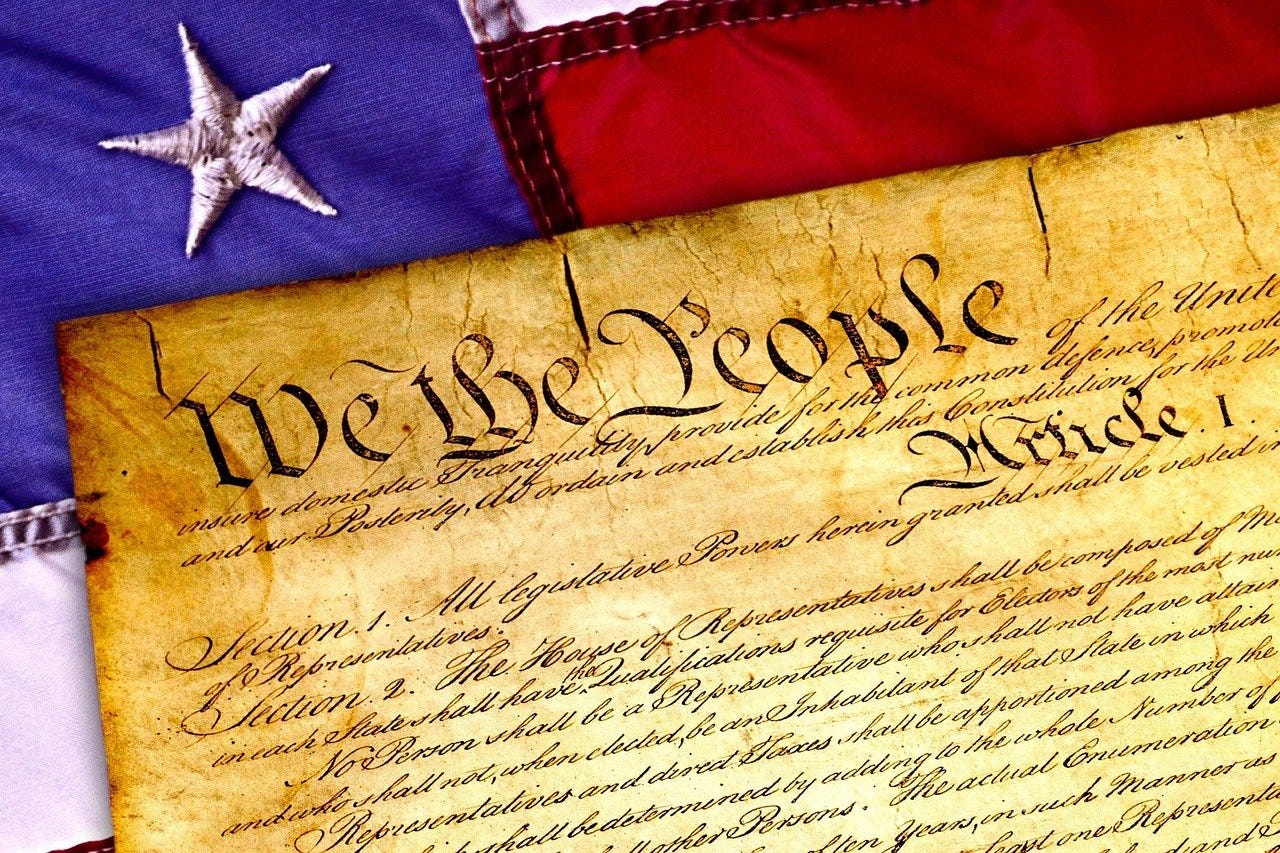Artificial intelligence and the threat to capitalism
Can you explain economics and the threat of artificial intelligence to a child? It's time to take The Sniff Test.
Can you explain the economy to a child? What about artificial intelligence or how and why technology matters? If we want a say in our future we must understand these things.
If you can't explain it to a six-year-old, then you don't understand it yourself - Albert Einstein.
My favourite book explaining how the economy works is “Talking to My Daughter” by Yanis Varoufakis. He is an economics professor, one-time finance minster of Greece and communist sympathiser. By far his biggest claim to fame though is that he married the muse for Pulp’s “Common People”.
The book begins by observing that economics gets worse at explaining the world as its models become more complex. This is the opposite of science. Assumptions ignore how people behave and assuming away inconvenient facts is the hallmark of academic economics. It’s an old joke that an economist asks a scientist if his experiment works in theory as well as in practice.
The question Varoufakis’ daughter wants answering is why some people have more than others. The common answer that they are more capable, smarter and more ruthless is a description and not an explanation. It is no different from saying it’s the way it is because it’s the way it is.
This same argument is used by those who say artificial intelligence is taking over. They note that current models are getting better at specific tasks and they assume this continues indefinitely. When asked how, they don’t know but it’s just the way it is.
A market needs government and government needs a market
A market place is where an exchange takes place. This is true whether it’s the local farmers’ market or the New York stock exchange. The economy is a system for managing exchanges.
Economies emerged to handle surplus production. This was only possible once humans started farming and were able to generate surplus. Varoufakis claims agriculture was necessary to feed the growing numbers of humans, although other origin stories exist and my favourite is we started growing crops for fermentation. We will see necessity and opportunity recur repeatedly in this story of capitalism.
Farming put humans on the path to writing, debt, money, states, bureaucracies and armies, in that order. All are consequences of generating a surplus and all are spontaneous and market-driven, rather than planned or government controlled.
Writing was invented to record ownership of surplus production and the concept of legal possession is born. Some of the surplus is committed to the field labourers who generated it in the form of a debt. Whether forced or not, farm labourers work for a share of future spoils, albeit a meagre one.
Now money is invented to represent debts, first as a written record and then as a physical object. As objects are hard and heavy to carry around, money is already virtual. Written records are an IOU and in the same way modern banks send digital transactions back and forth before squaring up at the central bank at a fixed time each day.
The revolutionary aspect of blockchains is continuous settlement doing away with the need for you to trust that others honour their debts at day’s end. The dollar, pound or any other currency could settle instantly on a blockchain, which would change the way money has worked for thousands of years.
Banks settle debts with each other for the same reason that most of us do, which is the fear of enforcement and punishment by the state. Surpluses convey ownership and debts and this requires an authority to ensure they are honoured.
The state needs a bureaucracy to measure and monitor the surplus and an army to protect it. This means that a market needs government and government needs a market. Any economy requires an enforcer and the state exists only because there is a surplus to tax.
Church and State
In this early economy of farmers, labourers and civil servants there is an unequal division of surplus and the reason why some are rich requires justification. Even the ancients couldn’t be continually putting down the peasants because they needed them to work the land peacefully.
The justification is provided by organised religion, and the divine right of kings to rule and priests to interpret the word of the gods. This is what Marx meant by religion being the opiate of the people. Religious justification for the way things are prevents people from being unruly. It’s the way it is.
Priests don’t produce and therefore need a market economy to generate a surplus as much as governments do. A modern alternative is “Hey, capitalism”, which is used by bosses to explain their lion’s share. This is another description rather than an explanation, for which we must return to our story.
Why Africans didn’t colonise Europe
Generating a surplus requires technology, starting with hand tools, then horse and plough and the wheel. This results in larger surpluses sitting around for long periods which means disease and requires more technology to improve storage and medicine. Doctors take a few millennia to start getting things right though.
Nobody wants to let good technology go to waste, especially if it’s better than the one next door. Your neighbour either agrees to work for you using your technology, or is forced to by the larger army you pay for with a bigger surplus. As technology becomes more important than labour in growing spare food, you require fewer workers and have more people to be soldiers. Labouring is seasonal and the peasants must be occupied when not working, which remains an important lesson when debating artificial intelligence.
At this point in history the primary surplus is agricultural and grown thanks to improving technology. This may be exported, but only to similar climatic zones. These lie to the east and west rather than the north and south and this explains why empires tend to stretch across the globe rather than up and down it. Technological progress speeds up because there is more territory in which to experiment.
There is no pan-African empire born of common agricultural technology, which is why thousands of years later it is Arabs and Europeans who colonise Africans, rather than vice versa.
This cycle of surplus into technology and back into greater surplus is the process by which the rich get richer. It works regardless of whether the surplus is generated or appropriated. Church and state are often richer than the farmers and merchants.
If you possess more than most then you are a beneficiary of this process, even if you feel a long way from the biggest beneficiary. You may salve your conscious by giving to charity, or convince yourself that ‘I have’ is the same as ‘I deserve’, by virtue of your education, hard work or family heritage. Regardless, you are one of life’s winners.
The ownership of the means of production
The alternative to a market economy is a household economy, where each family generates what it needs. There are inequalities in these relationships, but for the most part people contribute for reasons other than money. If your child offers to repay their pocket money to be allowed to skip chores, I expect you’re disappointed rather than celebrating their grasp of economics.
Familial ties, the honour system or religious devotion are all reasons for behaviours that don’t require monetary reward. When you put a pecuniary value on something its other meaning is replaced by its commercial value. This suits the government because what has a value may be counted and collected. Time is a better gift than money, but there is only one type of time you’ll do if you don’t pay your taxes.
We might refer to items in a household economy as goods and the surplus in a market economy as commodities, or something to be traded. Almost all products are now commodities rather than goods, which requires that ownership extends from the surplus to the means of producing it. We put patents, trademarks and copyrights on many things, including in recent times the genes that describe us.
The process of production requires three things. We call the first the means of production, which covers raw materials, tools and machines, and the buildings to house them. Marx and Engels envied the capitalist system and wanted to seize and use the means of production for the common good. This is forgotten by modern-day Marxists whether red or green, who have never read The Communist Manifesto.
Land is part of the production process because it is required for farms, mines and buildings. Labour must work the machines in these operations. Once land and labour become owned then a market society is born.
Why the Industrial Revolution was in Britain
Some products have global significance. Silk, spice, metal and wool are examples and trade internationally thereby making merchants rich. Noting this, landowners evict the peasants and replace food with cash crops. In England, we replaced the crops with sheep because of the international value of wool. The agricultural estates were fenced off from the peasants.
70% of English yeomen were evicted from the lands of their ancestors. They became labour for hire out of necessity, albeit it took a while for enough jobs to appear and a lot died first. Many also died of plague, which had the consequence of making labour scarce and triggering the first inflationary wage-price spiral.
Eventually this labour enabled the Industrial Revolution to take hold in England. At school you probably learned this was because The Channel spares us from most European wars, we must trade to access products not available on our tiny island, and we had the right natural resources for the time. There is another explanation.
In 1215 the English nobility forced King John to sign the Magna Carta, which enshrined their rights to land and limited taxes. In return they committed to support the king and keep the peace, which reduced the need for private armies. The army of the state became the primary means of enforcing ownership, which was concentrated in a few hands and which in turn made it easier to evict peasants and protect the relatively few members of the noble class.
Nowhere else had a Magna Carta for centuries and the Europeans with the most similar technology to England were constantly invading one another, which required private armies and weakened the coercive power of the state.
This is an incomplete explanation of why James Watt was British, born in Greenock in Scotland, which three decades earlier formed a union with England. The Reformation and the scientific method play a crucial role, but both arguably result from the liberalism allowed by the Magna Carta. The important point is that it is how society is organised that determines the opportunity for technological development and economic gain, rather than geography or natural resources.
This is why America dominates technology. China has the numbers and absence of privacy to feed artificial intelligence models with data, but it lacks the most advanced soft and hardware to develop those models. The US embargo on sharing this technology is one cause of rising geopolitical tensions and why Taiwan, home of the best semiconductor manufacturing capacity, is a strategic asset.
Opportunity and necessity
The Industrial Revolution happened in Britain due to opportunity and necessity. These are the same reasons agriculture developed in the Middle East and empires spread laterally across the globe. The root cause of economics does not change.
Industry replaced actual slavery with wage slavery, which would have not been possible without market economies and the production of surplus. Those that oppose capitalism ignore that the alternative is regression to serfdom and slavery. Where there is surplus there is politics and that means winners and losers. Few win and many lose.
The artificial intelligence revolution
In economics, surplus flows to the owners of assets. There is a constant push to derive better technology and greater surplus which mostly accrues to the few. The rest of us must be occupied, which includes having meaningful work to do. Happiness is a result of pleasure, satisfaction in a job well done and the outcome of our toil.
Marx argued that capitalism means underpaying workers, which reduces demand and leads to the collapse of the system. To date he is wrong because we have economic cycles that take out excess capacity. If I am wrong and artificial intelligence does take our jobs, then Marx will be vindicated.









